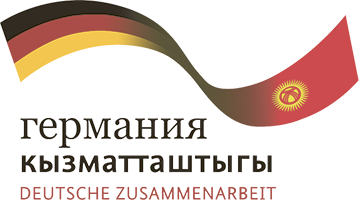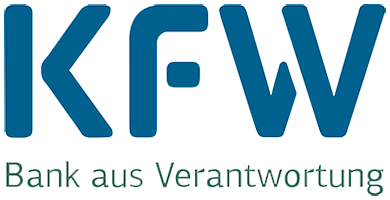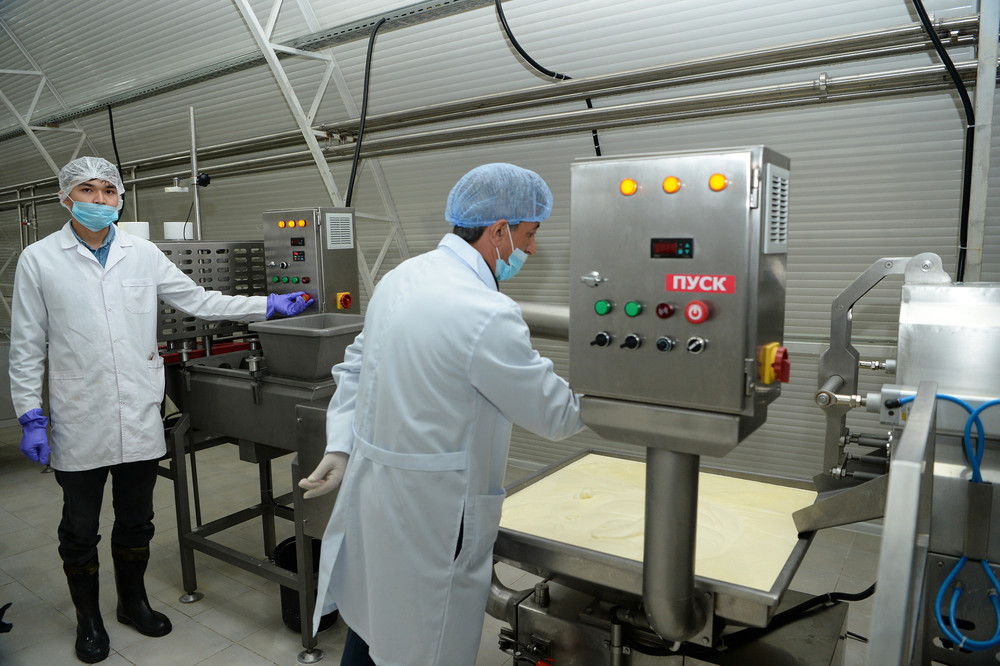Field Day on Seed Potatoes Held in At-Bashy
On July 3, 2025, a Field Day on seed potatoes was held in the village of Acha-Kayyndy, At-Bashy district, Naryn region, with the support of the Value Chain Agro Finance project.
The event brought together representatives of the Ministry of Agriculture of the Kyrgyz Republic, local authorities, international organizations, seed farms, and farmers from different regions of the country. The program included:
- Field demonstration of “super-super elite” and “super elite” seed potato varieties
- Presentations of promising seed potato varieties
- Agronomic solutions and field technologies
- Experience sharing by leading experts from the Netherlands and Kyrgyzstan
Opening remarks were delivered by Deputy Minister of Agriculture of the Kyrgyz Republic Janibek Kerimaliev, Agricultural Advisor to the Ambassador of the Kingdom of the Netherlands Mr. Arie Veldhuizen, local government officials, and representatives of the HZPC company and the Value Chain Agro Finance project.
During the practical part of the event, participants visited the demonstration field and were divided into two groups:
- Group 1: Demonstration of super-super elite and super elite seed potatoes (Nooruz Zarlykov, Altynbek Aiybashev)
- Group 2: Presentation on potato varieties and agrotechnologies (Khamid Mamashukurov, Ulan Kubanychbek uulu)
The Field Day served as an important platform to promote seed sector development, exchange experiences, and strengthen agricultural cooperation.






